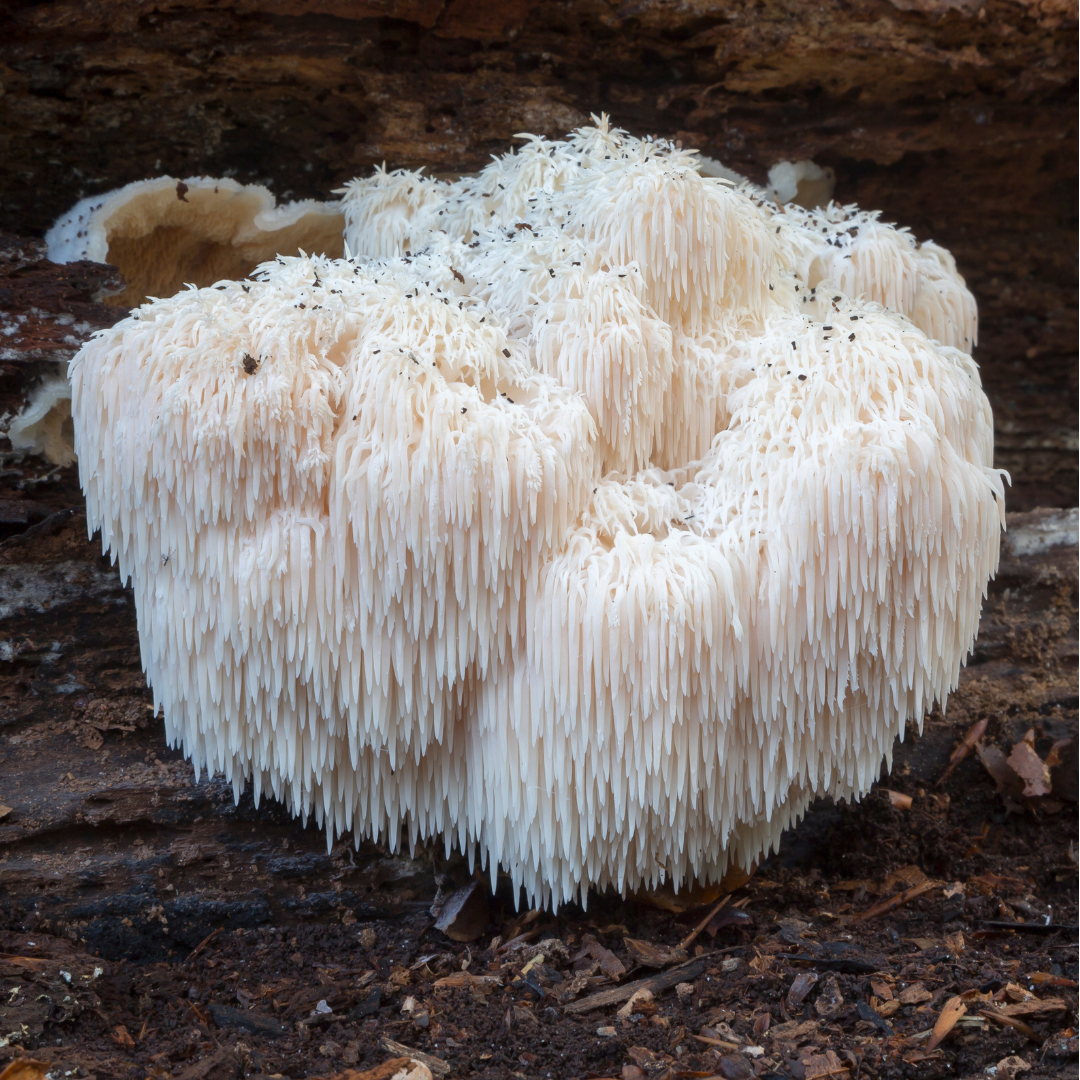
Read time: 2 min
When we think of mushrooms, we often envision culinary delights or picturesque forest scenes.
But did you know that some mushrooms have the potential to enhance your mood and mental well-being?
In this intriguing exploration, we will delve into the world of mushrooms and mental health, shedding light on the fascinating ways in which these fungi can positively impact your emotional state, backed by scientific research.
The Mood-Boosting Power of Mushrooms
Mushrooms have been valued in traditional medicine for their potential to support mental health for centuries. While their effects are not as immediate as a mood-enhancing drug, they offer a holistic, natural approach to mental well-being. Here are some key ways in which mushrooms can boost your mood:
1. Adaptogenic Properties
Certain mushrooms, like reishi and lion's mane, are considered adaptogens. These natural substances help the body adapt to stress and maintain balance, potentially reducing symptoms of anxiety and depression.
2. Neurotransmitter Regulation
Mushrooms like cordyceps have been found to influence the production of neurotransmitters like serotonin and dopamine. These neurotransmitters play a crucial role in regulating mood, and their imbalance can contribute to mood disorders.
3. Anti-Inflammatory Effects
Chronic inflammation has been linked to mood disorders like depression. Some mushrooms, such as turkey tail, have anti-inflammatory properties that may help alleviate symptoms associated with inflammation-induced mood disturbances.
4. Microbiome Support
Emerging research suggests that the gut-brain connection plays a vital role in mental health. Mushrooms contain prebiotic fibers that can nourish beneficial gut bacteria, potentially influencing mood and well-being.
Scientific Support
Scientific studies are beginning to uncover the mood-enhancing properties of certain mushrooms:
-
A study published in the journal "Phytotherapy Research" found that reishi mushroom extract reduced symptoms of anxiety and depression in rats.
-
Research published in "Biomedical Reports" indicated that cordyceps supplementation could improve mood by regulating neurotransmitter levels.
-
A study in "Current Pharmaceutical Design" explored the potential of lion's mane mushroom to enhance cognitive function and emotional well-being.
-
Preliminary research in "Clinical Nutrition Experimental" suggested that turkey tail mushroom may have anti-inflammatory effects that could positively impact mood.
How to Incorporate Mushrooms into Your Routine
To experience the mood-boosting benefits of mushrooms, consider the following options:
-
Mushroom Supplements: High-quality mushroom supplements are available in various forms, making it easy to incorporate them into your daily routine.
-
Mushroom Teas and Tinctures: Some mushrooms are available as teas or tinctures, providing a soothing and enjoyable way to consume them.
-
Culinary Delights: Many edible mushrooms like shiitake and maitake can be included in your diet for both flavor and potential health benefits.
Conclusion
Mushrooms offer a natural and holistic approach to improving your mood and overall mental well-being. While they are generally considered safe, it's essential to consult with a healthcare professional, especially if you have underlying mental health conditions or are taking medications.
As research continues to uncover the mood-boosting properties of various mushrooms, they offer a promising avenue for those seeking to enhance their emotional and mental health.
Whether you're sipping mushroom tea, incorporating supplements into your routine, or simply enjoying a mushroom-infused meal, you're engaging in a journey that connects the wonders of nature with the pursuit of happiness and well-being.






